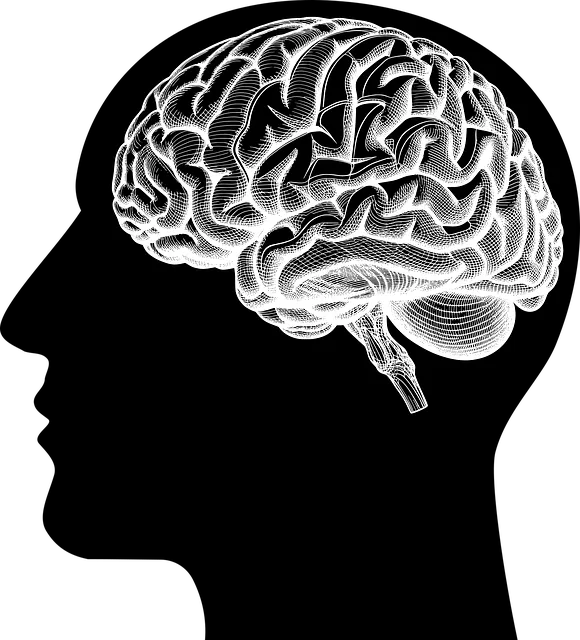Kaiser Permanente's Crisis Intervention Teams (CITs) in Westminster offer immediate and comprehensive mental health support, combining professional training with community engagement. These teams use de-escalation techniques, active listening, and cultural sensitivity to help individuals facing crises. Through tailored programs including stress management, trauma support, role-playing, and case studies, CIT members gain skills to recognize warning signs and provide proactive interventions. This approach enhances patient care, mitigates acute episodes, and fosters resilience in mental health settings at Kaiser Permanente locations in Westminster.
“Crisis Intervention Teams (CITs) play a pivotal role in enhancing mental health care, offering swift support during critical situations. This article explores the significance of CIT training programs, using Kaiser Permanente’s innovative approach at its Westminster locations as a case study. We’ll delve into the essential components of effective training, highlighting its substantial benefits and impact on real-world mental health settings. Discover how comprehensive CIT training enhances patient outcomes and fosters resilient communities.”
- Understanding Crisis Intervention Teams: A Vital Resource in Mental Health Care
- Kaiser Permanente's Approach to Training: Westminster Locations as a Case Study
- Components of Effective Crisis Intervention Team Training Programs
- Benefits and Impact: Real-World Examples from Mental Health Settings
Understanding Crisis Intervention Teams: A Vital Resource in Mental Health Care

Crisis Intervention Teams (CITs) are a vital resource in mental health care, particularly in diverse communities like those served by Kaiser Permanente mental health locations in Westminster. These teams consist of healthcare professionals, first responders, and community members trained to provide immediate support during crises. By integrating CITs into the fabric of mental health services, individuals experiencing severe emotional distress or suicidal ideation receive faster, more comprehensive care.
The Crisis Intervention Guidance offered by these programs equips team members with effective Communication Strategies for de-escalating situations and building rapport with people in crisis. Furthermore, CIT training emphasizes Coping Skills Development, enabling participants to recognize warning signs and offer proactive interventions. This holistic approach ensures that those facing mental health challenges receive not only immediate relief but also long-term coping mechanisms, fostering better outcomes and enhanced resilience within the community.
Kaiser Permanente's Approach to Training: Westminster Locations as a Case Study

Kaiser Permanente, a leading healthcare organization, has implemented innovative approaches to addressing mental health challenges within its communities, particularly at its Westminster locations. Their crisis intervention team training programs stand out for their comprehensive and tailored nature. The organization recognizes that effective crisis management requires not just technical skills but also cultural sensitivity and community engagement.
Through these programs, Kaiser Permanente equips employees with the tools to recognize and respond to mental health crises, including stress management workshops designed to foster resilience. By focusing on both individual well-being and community support, they aim to prevent and mitigate issues like depression. This holistic approach ensures that individuals in Westminster benefit from enhanced mood management strategies tailored to their unique needs, reflecting a commitment to creating a healthier, more resilient community.
Components of Effective Crisis Intervention Team Training Programs

Effective crisis intervention team training programs incorporate a multifaceted approach to prepare individuals for managing crises in various settings, including Kaiser Permanente mental health locations Westminster. These programs should include comprehensive training on trauma support services, as understanding and addressing traumatic experiences is integral to successful interventions. Participants must learn techniques for de-escalation, active listening, and empathy-building to effectively connect with individuals in distress.
The curriculum should also integrate mental wellness journaling exercise guidance, encouraging self-reflection and emotional awareness among team members. Additionally, mental wellness coaching programs development is crucial, providing practitioners with the skills to guide clients towards long-term mental health management strategies. These training elements, combined with role-playing scenarios and real-life case studies, ensure that crisis intervention teams are well-equipped to handle a wide range of challenging situations.
Benefits and Impact: Real-World Examples from Mental Health Settings

Crisis intervention team (CIT) training programs have proven to be invaluable assets in mental health settings, where they significantly enhance the quality and efficiency of patient care. By equipping staff with specialized skills in identifying and managing acute crises, these initiatives ensure that individuals in need receive prompt, appropriate interventions.
At Kaiser Permanente mental health locations in Westminster, for instance, CIT training has been instrumental in fostering a culture of resilience and proactive support. The program, grounded in Mind Over Matter principles, equips professionals with effective risk assessment strategies, enabling them to anticipate potential crises and implement tailored communication strategies. This proactivity not only reduces the severity of episodes but also cultivates a safer environment for both patients and staff. Such initiatives reflect the broader impact of comprehensive CIT training, demonstrating its ability to transform care delivery and ultimately improve patient outcomes in real-world mental health settings.
Crisis intervention team (CIT) training programs, such as those practiced at Kaiser Permanente’s mental health locations in Westminster, are invaluable assets in enhancing the effectiveness of mental health care. By equipping healthcare professionals with the necessary skills and knowledge, these programs ensure a swift and competent response during crises. The case study of Kaiser Permanente’s approach demonstrates that comprehensive CIT training can significantly improve patient outcomes, reduce adverse events, and foster a safer, more supportive environment for both patients and staff. Incorporating evidence-based practices and continuous evaluation ensures that crisis intervention teams are well-prepared to navigate the complexities of mental health emergencies, ultimately benefiting folks within the community who rely on these essential services.






